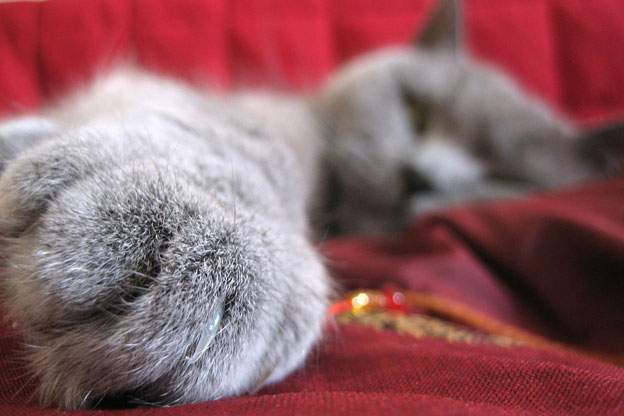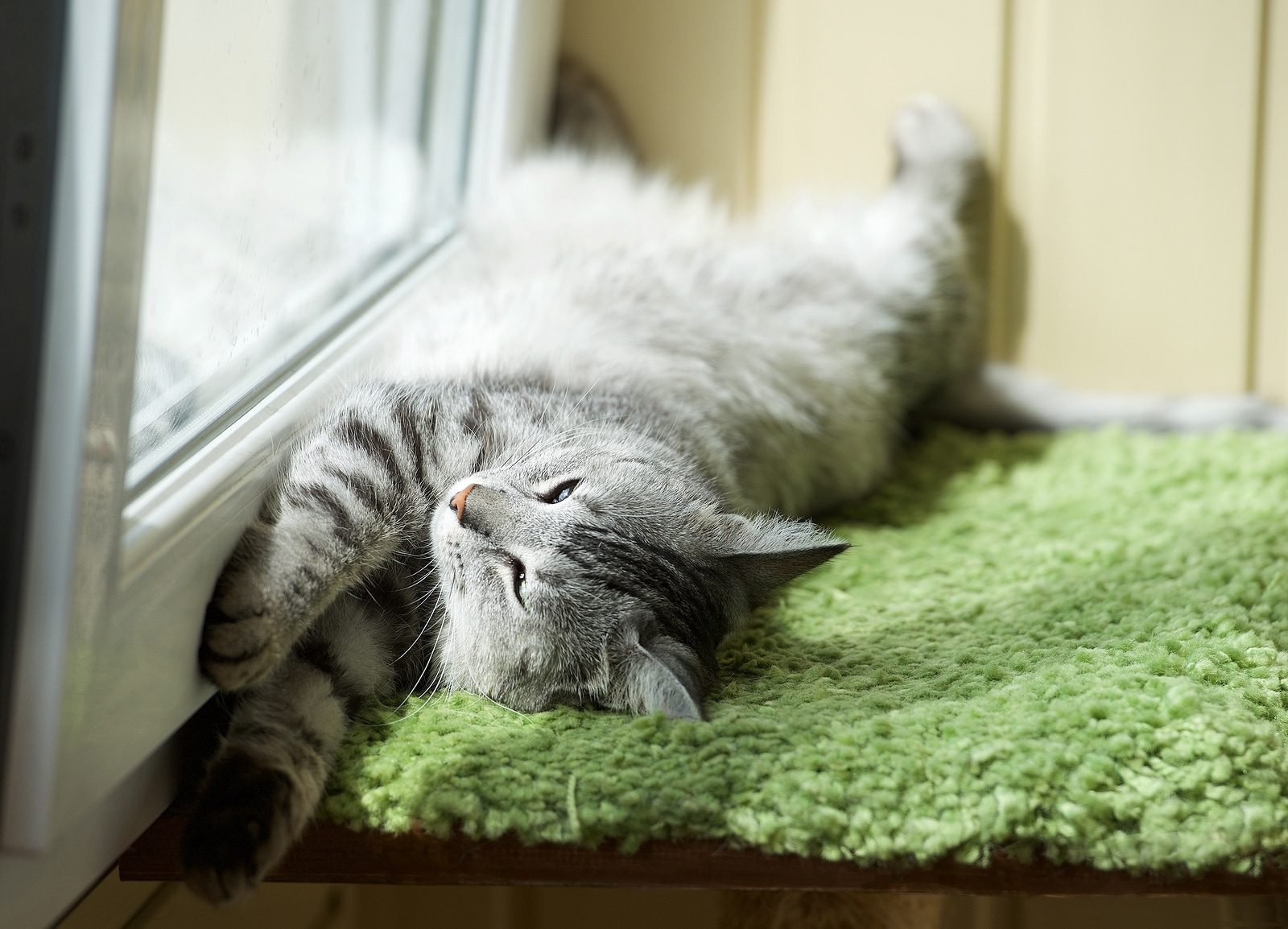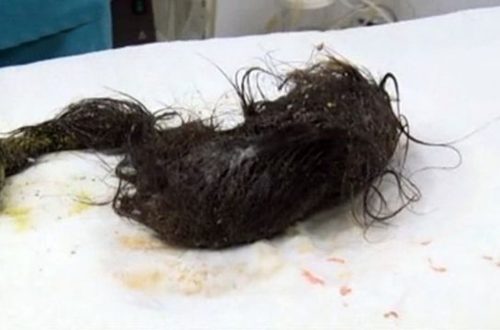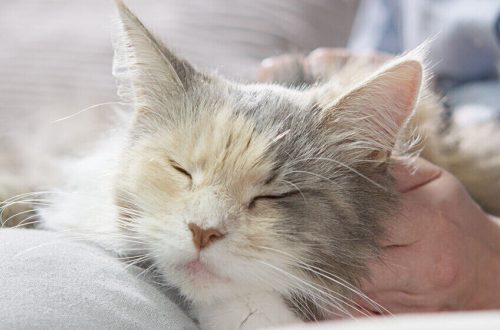
Do cats sweat or pant in hot weather?
To cool the body, you sweat, and your dog breathes rapidly. But does your cat sweat? And does rapid breathing contribute to a decrease in body temperature? And what should she do to cool down?
Do cats sweat?
Cats known for being as cold-blooded as possible actually sweat. You probably just don’t notice it.
Cats have sweat glands, but most of them are covered with hair. This means that their effect is minimal, but the cat’s paws in this case are an exception. Cat paws have sweat glands, and you can see that when you see your pet leaving wet footprints on the floor, explains Cat Health.
Since feline sweat glands are not as efficient, cats use different cooling mechanisms. They wash their faces because the saliva evaporates and cools them down, like taking a warm bath on a hot day. Pets also like to relax in a cool place. They can tolerate heat better by stretching out on a cool surface, such as a tiled floor or an empty bathtub, to provide them with the comfort they need. Many animals also shed their undercoat in the heat. If your cat is shedding more than usual, you can help with regular brushing. This activity will provide you with two benefits at once: firstly, taking care of your cat is an exciting experience, and secondly, you will reduce the amount of cat hair lying around the house.

Although cats have all the mechanisms for cooling, this does not mean that they cannot overheat. The normal body temperature of an animal is around 38,3°C. When it reaches 40 °C, there is a possibility of heat stroke.
However, this rarely happens with cats. After all, as Dr. Jason Nicholas at Preventive Vet points out, they are rarely driven in cars and taken outside for long, intense play or exercise with their owners (these are common dog overheating scenarios). However, he writes, there have been cases of heatstroke in cats. Dr. Nicholas identifies, among others, the following scenarios that create the possibility for a pet to get heatstroke:
- The cat was locked in a clothes dryer.
- The cat was locked in a barn or other place without air in the heat.
- The cat was left locked up with no access to water or shade.
- The cat was left in the car for a long time on a hot day.
How to understand that the cat is overheated?
One of the signs of a cat overheating is rapid, heavy breathing. Of course, cats do not do this as often as dogs, for whom rapid breathing is a daily occurrence. As a rule, they breathe heavily in case of overheating, stress, respiratory distress, or some secondary diseases and biochemical changes. Like a dog, rapid breathing allows the cat to expel heat from the body through evaporation.
Dr. Jane Brant, a veterinarian at the Towson, Baltimore County Cat Hospital, told Catster that the following signs of overheating in a cat are:
- Increased salivation.
- Vomiting.
- Diarrhea.
- Bright red gums, tongue or mouth.
- Shiver.
- Convulsions.
- Unsteady gait or disorientation.
If you notice that your cat is breathing heavily with its mouth open and you are concerned that it may be overheating or suffering from heat stroke, you should immediately take steps to cool it down. Get her out of the sun and move her to a cooler place if possible. Make sure she has cool water to drink by adding an ice cube or two to the bowl. You can also dampen her fur with a damp, cold washcloth, or wrap a frozen water bottle in a towel and place it next to where she rests.
If you live in a hot climate and your pet cannot escape the heat in the house for some reason (for example, your air conditioner is broken), you can come up with a backup plan so that she does not overheat when you are not at home and you cannot take care of her. . For example, take her to friends or relatives, or to a nursery at a veterinary clinic. While cats generally don’t like a change of scenery, it’s better to have a disgruntled pet than a sick one.
If you are concerned that the animal may have overheated, contact your veterinarian as soon as possible. Tell clinic staff why you think your cat is overheating, when you notice symptoms, and what you have done to cool her down. They will tell you what next steps to take and whether you need to take her to a clinic for treatment.





